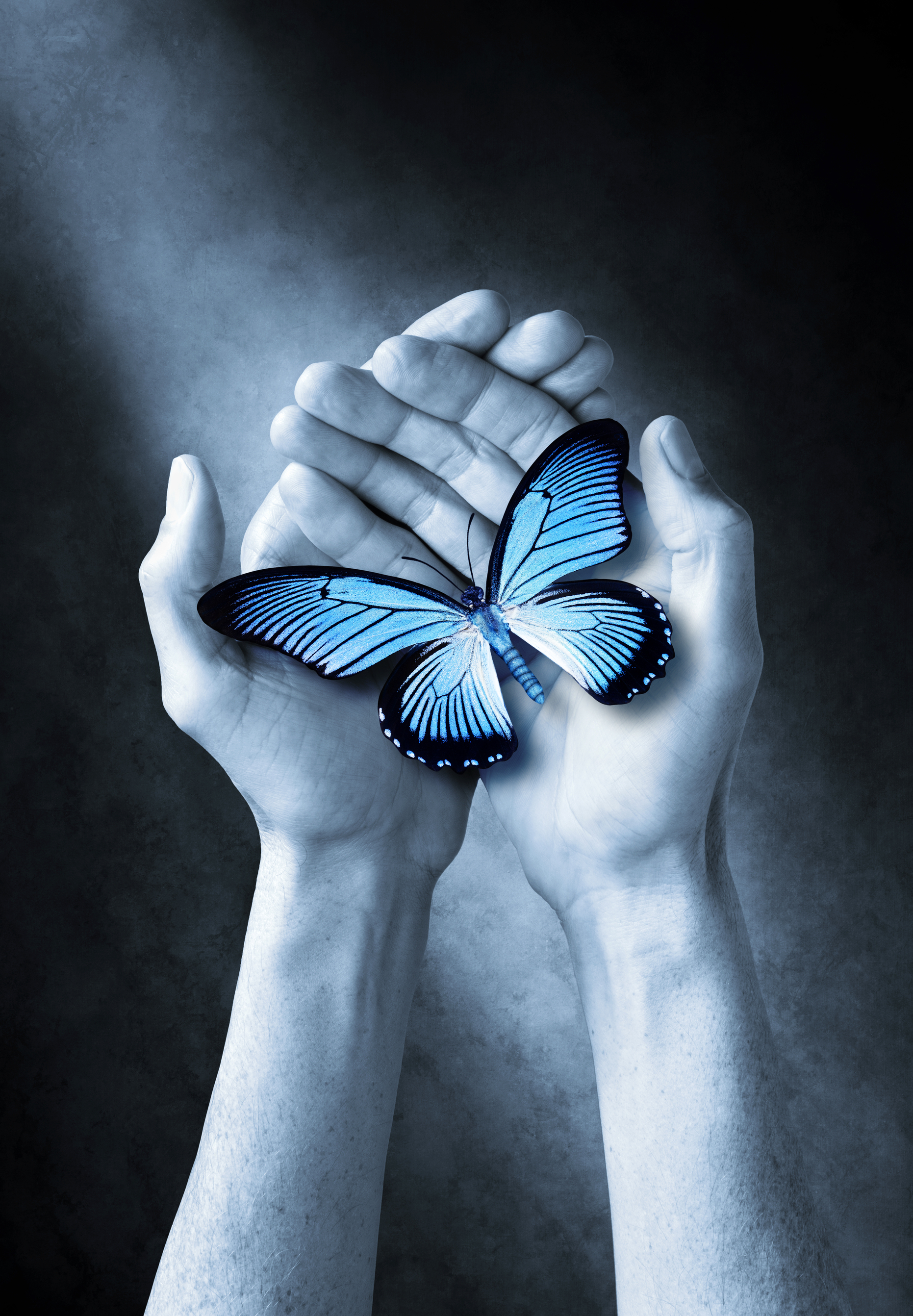The world changes by the hour with COVID-19. As the experts and medical professionals work to flatten the curve of the pandemic, another trend line hopefully emerging in the months to come is every individual’s capacity for self-compassion.
The grave circumstances are challenging enough without the added weight of the inflamed inner critic.
Pioneering self-compassion expert and author, Kristen Neff, describes the three components of self-compassion as self-kindness versus self-judgment, a sense of common humanity versus isolation, and mindfulness versus over-identification.
Neff identifies self-compassion as the ability to notice our own suffering, feel moved by it, and extend warmth and care to ourselves the same way we would toward a friend. It’s not about avoiding pain and it’s not about self-esteem. Neff says, it’s about “finding well-being in the experience of being fully human.”

The United States now leads the world in confirmed COVID-19 cases, even though the U.S. is not testing nearly at the rate public health experts recommend. Economists project over 40 million Americans may lose their jobs by the end of April.
America as a country is grieving the loss of what was normal, and in just a few short months, most will also be grieving the loss of someone they love.
With more than 1 million global deaths due to COVID-19, the country’s infectious disease expert, Dr. Anthony Fauci, warns that the best case scenario for the United States is 100,000 deaths, and that projection soars into the millions in the absence of extreme measures like social distancing.

Many will experience tremendous stress and grief in the coming months, and a healthy relationship with ourselves will make the difference, for us and for others. Self-compassion allows us to support others in a more grounded, authentic and effective way.
According to a classic 2011 study by the American Psychological Association, individuals who are more self-compassionate tend to have greater life satisfaction, social connectedness, emotional intelligence and happiness. They also have less anxiety, depression, shame, fear of failure and burnout.
A 2016 study out of Switzerland found that an eight week online course on self-compassion resulted in a significant increase in self-compassion, mindfulness, and life satisfaction and a significant decrease in feelings of inadequacy, self-hatred, and perceived stress.
Self-compassion and compassion for others are inextricably connected.

“Compassion is not a relationship between the healer and the wounded. It’s a relationship between equals,” writes Pema Chödrön, the first fully ordained American Buddhist Nun and Author of When Things Fall Apart. “Only when we know our own darkness well can we be present with the darkness of others. Compassion becomes real when we recognize our shared humanity.”
Health care professionals are carrying a tremendous load when it comes to holding compassionate space for those suffering – many who are dying without their loved ones. The research supports that health care professionals’ capacity for self-compassion will be equally critical.
Sharon Freeman Clevenger, founder of the Indiana Center for Cognitive Behavior Therapy, released a study in January that explored the importance of self-compassion for health care practitioners.
Clevenger found that practitioners who exhibited attributes of self-compassion are more compassionate and offer a higher quality of care. Practitioners who were self-compassionate could self-soothe and deactivate the fight or flight response, which leads to better decision making.
It can be tempting to downplay the stress of this time if you are in a safe home and have all your basic needs met. This is especially true in the face of the outsized suffering of those fighting for their lives, those on the front lines caring for others, or the growing number of people with no assurances their family will continue to have shelter and food.
And while it is important to keep challenges in perspective, suffering is suffering.
As Dr. Susan Biali Haas writes recently, “Sometimes we must simply allow ourselves to be humbled by a situation. To grieve what’s happening, to not know what to do next. To be messy. To handle things imperfectly.”

For millions around the globe, the challenges of COVID-19 are indeed unbearable. But in order to make it bearable, many will have to acknowledge the suffering of others, as well as their own suffering with the necessary self-compassion to move forward.


